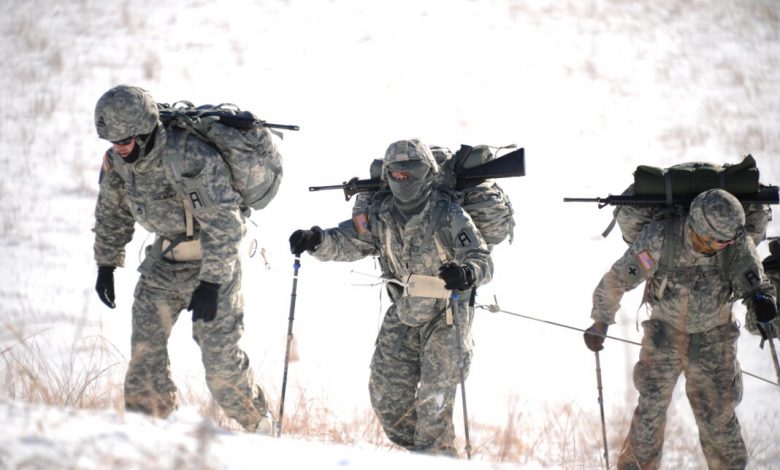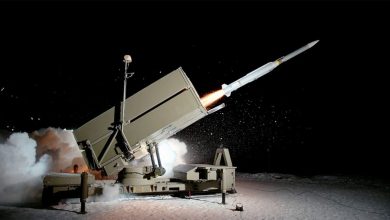Report: US Army develops Arctic doctrine for extreme cold weather operations

The U.S. Army has embarked on the creation of its first Arctic-focused doctrine in over half a century, Army Techniques Publication 3-90.96, titled “Arctic and Extreme Cold Weather Operations.”
This manual, anticipated for release in mid-2024, aims to equip Soldiers and leaders with the knowledge and techniques required to navigate and excel in the Arctic environment, even in temperatures as frigid as minus 40 degrees Fahrenheit.
“Arctic and extreme cold weather operations are about more than just survival; you have to thrive,” emphasized Capt. Edward A. Garibay, the lead doctrine author for the publication at the Combined Arms Doctrine Directorate. “As the Arctic warms due to climate change, it’s poised to become increasingly accessible in the coming decades and gain new significance. We must be prepared to carry out missions in such an environment. This doctrine will empower our Soldiers to do just that.”
The publication will maintain a tactical focus, aiding Soldiers in applying the concepts and experiences they already possess and adapting them to the unique challenges of the Arctic and Subarctic regions. It will elucidate many of the distinctive and occasionally counterintuitive aspects of the area, along with the considerations that Soldiers must factor into their operations. For instance, December may see the sun never rise, rendering GPS and satellite navigation unreliable due to solar storms. Materials like metals and plastics turn brittle and prone to breakage, while batteries have significantly shorter lifespans.
“We currently confront the issue of fragmented knowledge that isn’t easily shared across the Army,” pointed out Garibay. “We have pockets of individuals and units with expertise, but their knowledge remains confined to local standard operating procedures, passed down from one command to another. We are consolidating all this knowledge into one comprehensive resource, providing a foundation for everyone to build upon.”
The CADD Special Doctrine Division, the doctrinal authority for cold weather operations, has been diligently researching Arctic and extreme cold weather operations for over a year. Their efforts encompass training at the Northern Warfare Training Center, referencing historical records, and consulting with other Arctic nations, including Canada, Norway, Finland, Sweden, and Denmark. The 11th Airborne Division in Alaska, renowned for its expertise, has played a pivotal role in developing the doctrine. According to Garibay, their continued innovation and proficiency have been invaluable. They have actively contributed to crafting Arctic doctrine, reviewing revisions, and providing subject matter expertise.
“The U.S. Army must be prepared to engage in combat and emerge victorious in extreme cold and mountainous environments as a means of deterring conflict, and the 11th Airborne Division serves as the bedrock of that capability,” affirmed Maj. Gen. Brian Eifler, commander of the 11th Airborne Division. “To establish enduring Arctic readiness, we must emulate the Alaska native communities who have thrived here successfully for millennia, sharing best practices and lessons learned.”
Another significant milestone in the doctrine’s development is expected during the 11th Airborne Division’s upcoming Joint Pacific Multinational Readiness Center exercise this winter. This exercise, replicating large-scale combat conditions, will also serve as a validation platform for the doctrine’s concepts, with immediate feedback provided to CADD.





